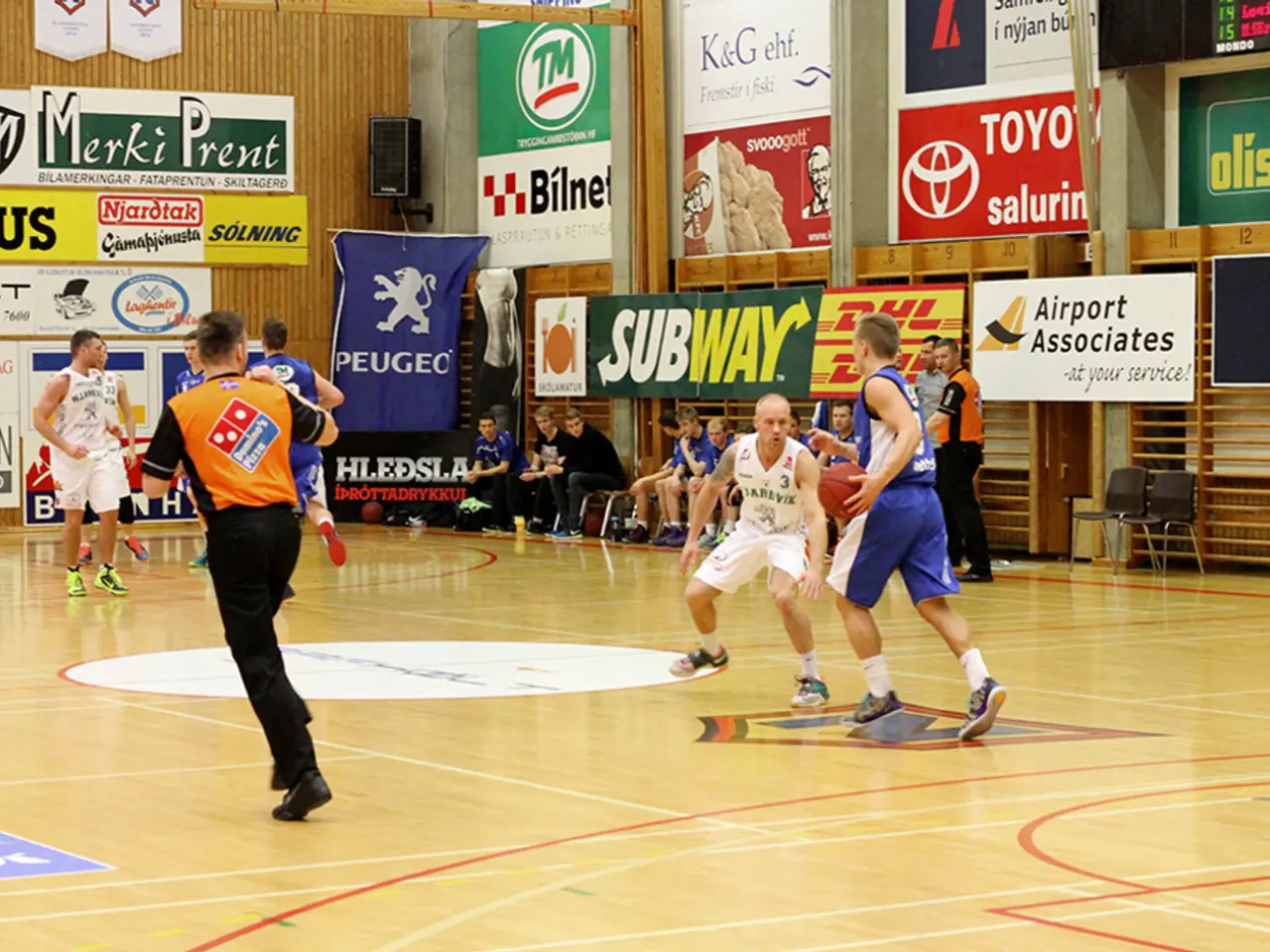Judicial Committee Chair Position Filled by Choo Mi-ae, Decision by DP
South Korea's Democratic Party Appoints Choo Mi-ae as Judiciary Committee Chair
In a significant move, the Democratic Party of Korea (DPK) has appointed Rep. Choo Mi-ae as the new chair of the National Assembly's Legislation and Judiciary Committee. This decision comes following the resignation of Rep. Lee Choon-suak over allegations of stock trading under a borrowed name.
Choo, a senior member of the DPK, has served six terms in office and has a record of involvement in judiciary-related committees, including the Legislation and Judiciary Committee and the Special Committee on Judicial Reform during the 20th National Assembly. Her appointment as the chair of the National Assembly's Legislation and Judiciary Committee is a reflection of the DPK's commitment to prosecutorial reform, a core agenda item.
Choo Mi-ae is a seasoned lawmaker with strong expertise in judicial and legal reforms. She has chaired related special committees in the National Assembly and holds a law degree from Seoul National University. This role is critical in shaping and overseeing legislation concerning the judiciary, criminal justice, and legal system reforms, areas in which she has been notably active.
Her leadership in this committee positions the DPK to assert greater influence over judicial matters and legislative oversight, especially amid political tensions involving the Justice Ministry and prosecutorial reforms. The appointment filled a vacancy left by a previous chair, highlighting her status as a trusted and prominent lawmaker within the party.
Once appointed as the chair of a National Assembly committee, the appointment is subject to a vote by the National Assembly. The DPK aims to gain parliamentary approval for Choo's appointment during the Aug. 21 plenary session.
The DPK's decision not to hand over the Judiciary Committee leadership to the opposition party despite Lee's resignation underscores their determination to maintain control over key committees. A senior official of the ruling party has stated that the Judiciary Committee chair is their "prerogative" and will not be open to negotiation. The ruling party has maintained that the Judiciary Committee chair position is their exclusive right.
In summary, Rep. Choo Mi-ae's legal expertise and extensive legislative experience make her appointment as Judiciary Committee chair a strategic and influential choice for the DPK in consolidating its policy and reform agenda regarding the justice system. This move further solidifies her role as a key figure in the party and the Korean government, and it is a strategic move to assert their control over key committees and push for their core agenda items.
Choo Mi-ae's appointment as the chair of the National Assembly's Judiciary and Legislation Committee is a reflection of the Democratic Party of Korea's (DPK) commitment to policy and legislation related to the justice system and reforms.
This strategic move by the DPK further solidifies Choo's role as a key figure in politics, as she is poised to assert greater influence over judicial matters and shape legislation in the areas of the judiciary, criminal justice, and legal system reforms.







